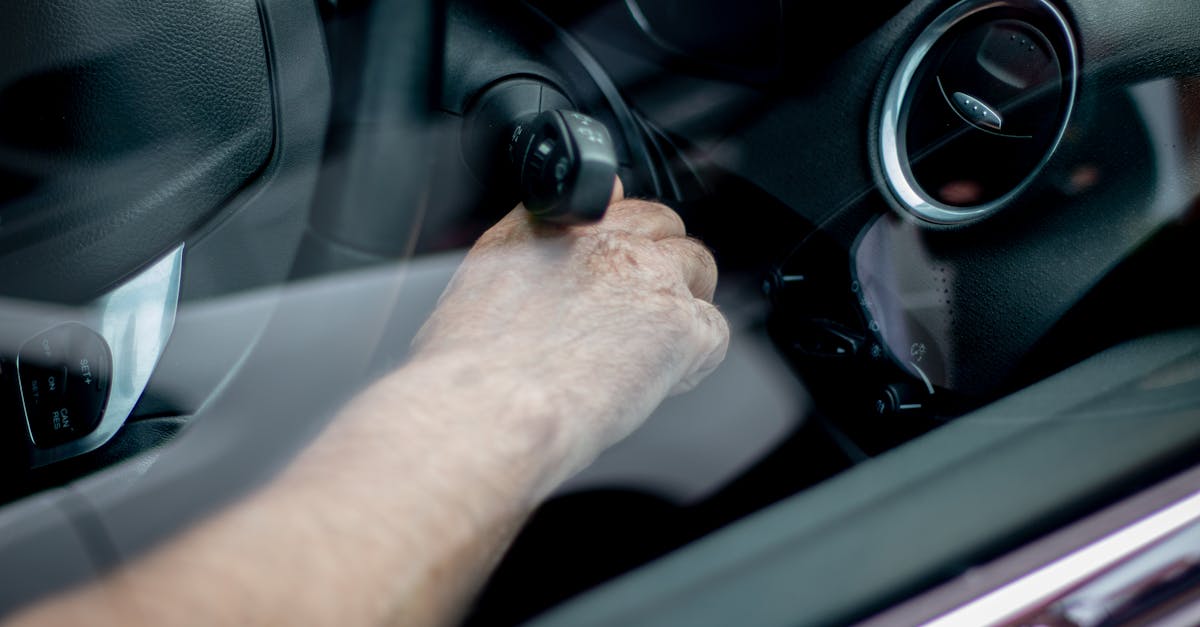
Additional Charges That May Apply
When considering the cost of key duplication, it is important to be aware of potential additional charges that may arise. Some locksmiths may impose a surcharge for specific types of keys, particularly those that require advanced technology or specialised equipment for duplication. Keys such as transponder or high-security models may come with higher fees due to their complex design and the need for expert knowledge in their replication.
Furthermore, the time and location of service can also influence the overall cost. Emergency services or after-hours key duplication often incur higher rates, as locksmiths prioritise urgent requests. Customers requiring key duplication outside regular business hours should anticipate these extra costs, which can significantly increase the total expense of the service.
Fees for Emergency Services or AfterHours Cloning
Emergency services for key duplication often come with additional fees due to the urgency and timing of the request. Many locksmiths charge a premium for after-hours services, which can significantly increase the overall cost. This may range from a flat fee for a visit to higher per-key duplication rates, depending on the service provider and the specific circumstances surrounding the request.
In some cases, the cost can be compounded by factors such as location and the necessity for specialised equipment. High-security keys or electronic duplicates may require more time and skill, further deterring locksmiths from providing their services outside regular hours. Customers seeking prompt key duplication during these urgent times should be prepared for potential added expenses.
The Process of Cloning a Key
Key duplication typically begins with selecting a suitable key blank, which matches the original key. A locksmith or hardware store technician will then examine the existing key, ensuring it is in good condition and can be accurately duplicated. Following this assessment, the technician uses a key cutting machine to align the blank with the original key, tracing its cuts precisely. This ensures that the new key replicates the original's size and shape.
After cutting the blank, the newly created key undergoes a testing phase. This involves inserting the duplicated key into the lock for which it was created. If the key operates smoothly, it confirms successful key duplication. Any necessary adjustments can be made at this stage to enhance accuracy. Some locksmiths may also offer additional refinishing or deburring services to ensure the new key functions optimally.
Steps Involved in Key Duplication
The process of Key Duplication begins with selecting a reliable locksmith or hardware store equipped with proper tools. The original key is examined to determine its design and size. This step is crucial, as the precision of the copy relies on the accurate measurement taken from the original. Once the inspection is complete, the locksmith will prepare the key cutting machine, aligning the original key with the blank key to ensure an accurate duplication.
After aligning the keys, the machine cuts the blank to match the grooves and ridges of the original key. Following this, the newly cut key undergoes a thorough inspection to verify its accuracy. A final touch includes smoothing the edges, ensuring the key is not only functional but also comfortable to use. The entire Key Duplication process typically takes only a few minutes, making it a convenient solution for those in need of spare keys.
DIY Key Cloning Options
For those who prefer a hands-on approach, DIY key cloning can be an appealing option. Various tools are available for individuals looking to undertake key duplication themselves. A key duplicator is a common device that can be used at home, allowing for a more affordable solution if you have the time and inclination to learn. Additionally, you may find key cutting kits that include templates and guides, making the process easier for novices.
However, it's important to consider the effectiveness of these DIY options. While some may provide satisfactory results, others might produce poorly made duplicates that do not function properly. Incorrectly copied keys can lead to locking issues, causing frustration and necessitating further investment in proper duplication services. Researching the quality of the tools and understanding the nuances of key duplication can save time and ensure better outcomes.
Available Tools and Their Effectiveness
When considering DIY options for key duplication, a range of tools is available on the market. Key cutting machines come in various types, from manual models to more advanced electric versions. Manual machines often require a steady hand and practice to achieve precise cuts, while electric models can speed up the process and enhance accuracy. However, both types may require additional accessories such as clamps or jigs to hold the key securely during the cutting process.
For those looking to explore a more budget-friendly approach, hand-held key duplicators are also an option. These compact tools can be effective for standard keys but may lack the precision of more professional equipment. While they can be useful for quick fixes, the effectiveness in replicating the intricate designs of modern keys may vary significantly. Overall, selecting the appropriate tool for key duplication will depend on the user's skill level and the specific requirements of the keys being cloned.
FAQS
What is the average cost of cloning a standard key in Australia?
The average cost to clone a standard key in Australia typically ranges from $5 to $15, depending on the type of key and the locksmith's pricing.
Are there additional charges for cloning keys in emergencies?
Yes, emergency services or after-hours cloning may incur additional fees, which can range from $20 to $100 depending on the time and location of the service.
Can I clone a key myself, and is it effective?
Yes, you can clone a key yourself using DIY key cloning tools, but the effectiveness depends on the quality of the tools and your skill level. It's generally recommended to seek professional help for the best results.
What types of keys can be cloned?
Most standard keys can be cloned, including house keys and car keys. However, specialised keys, such as those with transponders or high security features, may require specific equipment or expertise.
How long does it take to clone a key?
Cloning a standard key usually takes just a few minutes, while more complex keys could take longer, especially if they require special equipment or programming.
